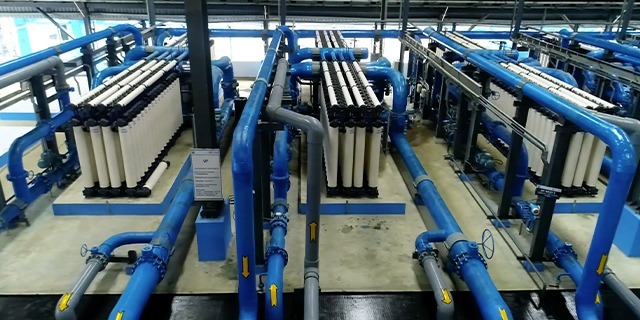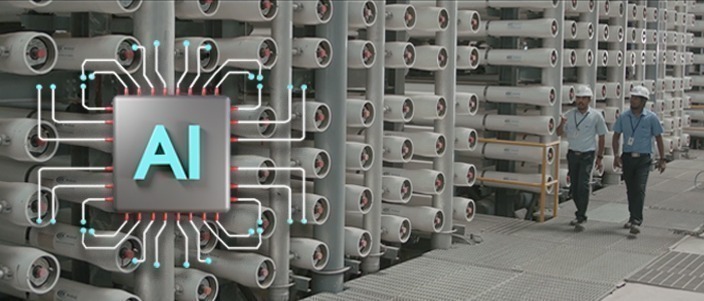Potable Reuse – Sustainable Water Management Model
01 July 2021 Submitted by Dr. Josef Lahnsteiner (Director - Research & Development)

Water stress is increasing mainly due to population growth and climate change, and in many cases, the clean and safe drinking water supply can no longer be guaranteed.
Treated municipal wastewater is a drought-proof source for potable water reuse, which has been employed for many years. Prominent examples of such practices are the Water Reclamation Plant at Windhoek, Namibia (Built by WABAG), Singapore NEWater (Public Utility Board) and the Orange County Groundwater Replenishment System/California (Orange County Water District). Moreover, at present, there are numerous projects under development, especially in Texas and California where recycled water is even being turned into craft beer (Padre Dam Municipal Water District, East County). South Africa, Brazil and India are further examples of countries considering potable reuse.

Water Reclamation Plant at Windhoek, Namibia (Built by WABAG)
Major issues in this regard relate to the provision of sufficient treatment reliability. In other words, the ability of a water reclamation process to consistently achieve the desired degree of purification on the basis of its inherent redundancy, robustness and resilience. Redundancy means the employment of multiple independent barriers for the protection of public health in the event of failures. Robustness constitutes the ability to address a broad variety of contaminants while also preventing the occurrence of catastrophic failures, and resilience represents the capacity to adapt successfully or restore performance rapidly in the face of treatment failures and threats.
Another key success factor is public acceptance, which needs to be established through comprehensive and adequate information and educational programmes. One aim in this connection is to convince the people that, “Water should not be judged by its history, but by its quality!” (Dr. Lucas van Vuuren).
Finally, it can be concluded that potable reuse represents a sustainable solution, which in the medium-term, will become a widely used water management option.







